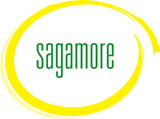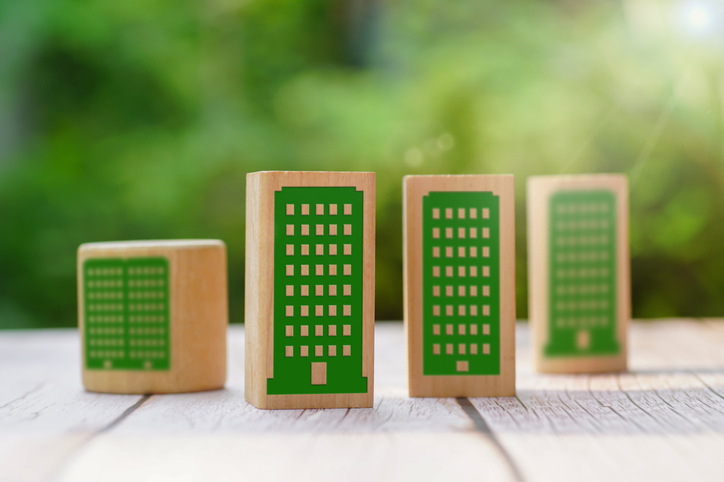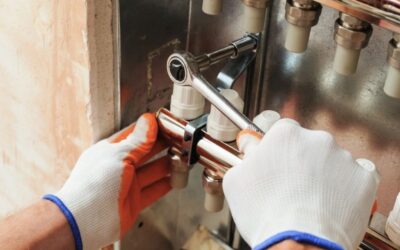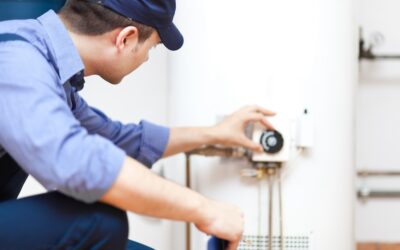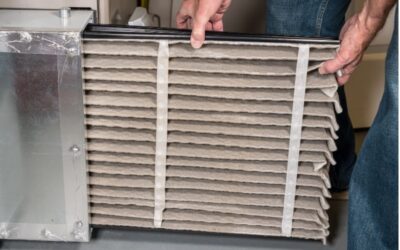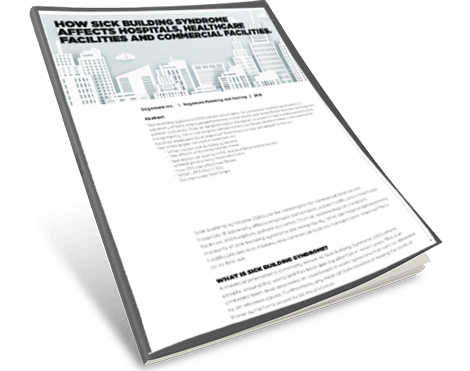LEED (Leadership in Energy and Environmental Design) certification is a globally recognized symbol of sustainability achievement. Developed by the U.S. Green Building Council (USGBC), LEED provides a framework for healthy, highly efficient and cost-saving green buildings. Achieving LEED certification demonstrates a commitment to environmental stewardship and resource efficiency, which can attract eco-conscious clients and tenants. Read on to learn more about how your Boston, MA, business can attain LEED certification via HVAC and plumbing.
Importance of LEED Certification for Boston Businesses
For businesses in Boston, MA, LEED certification offers multiple advantages. It not only enhances the environmental impact of a business but also results in lower operating costs through improved energy efficiency.
Additionally, Boston has a strong focus on sustainability, and LEED-certified buildings align with the city’s green initiatives, potentially leading to incentives and rebates from local government. This certification can also increase property value and improve the overall marketability of the business premises.
Optimizing HVAC Systemsn
HVAC systems play a crucial role in attaining LEED certification. Efficient HVAC systems reduce energy consumption and improve indoor air quality, which are critical components of the LEED rating system. To optimize HVAC systems, Boston businesses can:
- Upgrade to Energy-Efficient Equipment: Replacing outdated HVAC units with ENERGY STAR-rated models can significantly lower energy use.
- Regular Maintenance: Ensuring HVAC systems are well-maintained helps prevent energy loss and keeps systems running efficiently.
- Install Smart Thermostats: These devices can adjust heating and cooling based on occupancy and time of day, reducing unnecessary energy use.
- Use Renewable Energy Sources: Integrating renewable energy, like solar power, into HVAC systems can further enhance energy efficiency and contribute to LEED points.
Enhancing Plumbing Systems
Plumbing systems are another essential aspect of achieving LEED certification. Efficient water use and management are critical, and businesses can take several steps to improve their plumbing systems:
- Low-Flow Fixtures: Installing low-flow faucets, toilets, and showerheads can reduce water consumption significantly.
- Water Recycling Systems: Implementing greywater recycling systems allows reuse of water from sinks and showers for non-potable purposes, such as irrigation.
- Leak Detection Systems: Advanced leak detection can prevent water waste and damage, contributing to more sustainable water management.
- Rainwater Harvesting: Collecting and utilizing rainwater for landscaping or other non-potable uses helps reduce reliance on municipal water sources.
By focusing on these HVAC and plumbing enhancements, Boston businesses can work towards LEED certification and enjoy the long-term benefits of a more sustainable and efficient building. Contact Sagamore to schedule commercial HVAC or plumbing services to help your business attain LEED certification.
Image provided by iStock
